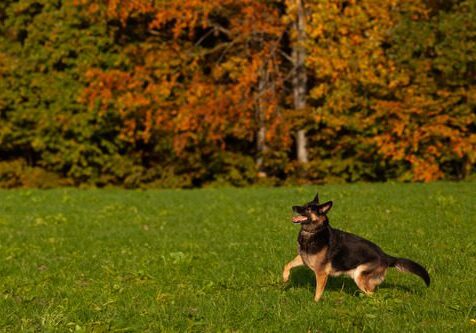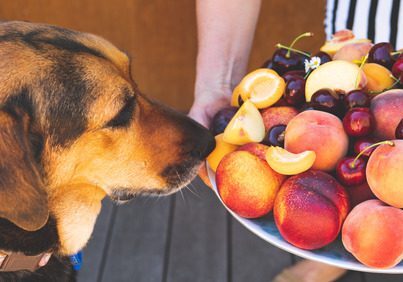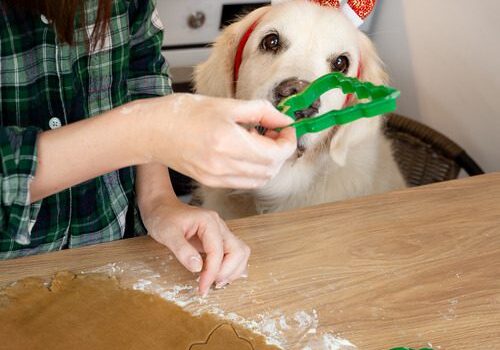Welcome to our pet care blog—your go-to source for expert advice, helpful tips, and heartfelt stories about the pets we love. Whether you're looking for seasonal pet care guidance, insights on health and wellness, or fun ways to strengthen the bond with your furry friend, we’ve got you covered.
At Countryside, we believe pet care goes beyond the exam room. That’s why we’re here to share our knowledge, answer your questions, and help you give your pet the happiest, healthiest life possible.
Check back often for new posts, and if there’s a topic you’d love to see, let us know—we’re always happy to help!

How Cool Weather Affects Arthritis in Dogs

My Pet Ate Mistletoe, What Do I Do?

Thanksgiving Foods That Are and Aren’t Safe for Pets



